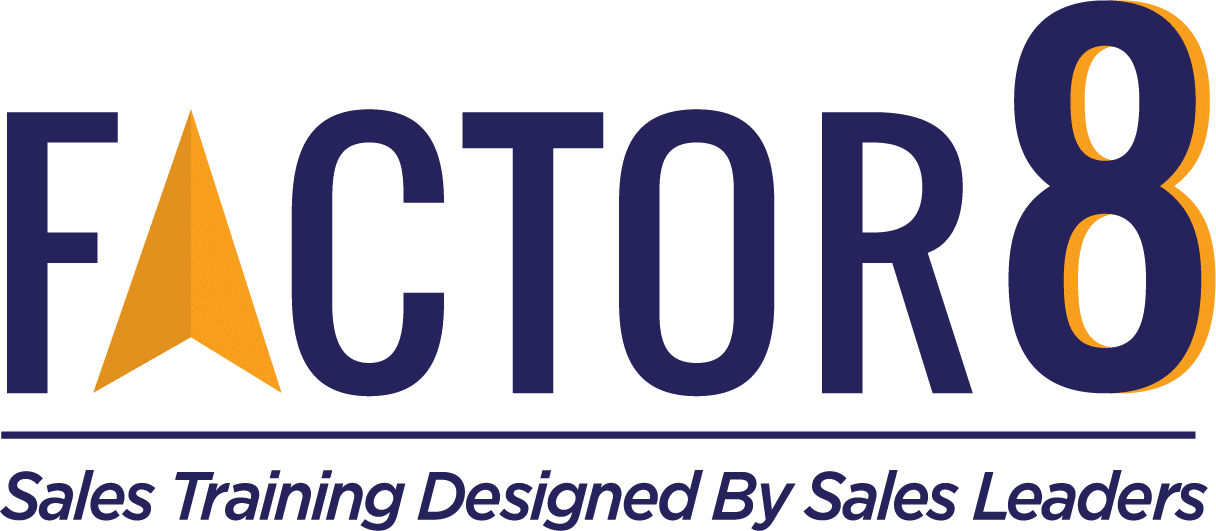5 Powerful Strategies to Retain Salespeople
It’s easy to blame the Great Resignation on COVID-19, but according to Harvard Business Review, resignation rates only feel high because they were below trend in 2020. In 2021, resignations were exactly on par with the ten-year trend. Does that mean the “Great Resignation” isn’t real…?
Tell that to your open sales positions. Since employees are reluctant to go back into the office and they’re deep in the “life’s too short” feeling, many are switching jobs. That means they’re leaving your sales jobs too.
Most people who quit are switching jobs rather than leaving the labor force altogether, according to Nick Bunker, an economist at Indeed.
In today’s times, you’re not just battling your competitors for talent, you’re competing with non-sales jobs, out-of-state jobs, and complete career changes.
That’s right, you’re actually competing with quality of life to retain salespeople.
It’s an important distinction because that’s also how you’ll keep them. Stop focusing just on salary and pay close attention to what employees want in the workplace.

Here are a few tips on how to retain salespeople:
1. Personal Meaning at Work
It’s not easy to get people emotionally invested in the selling of widgets and the making of profits. So try to link their efforts to what you’re solving for customers. Walmart’s tagline isn’t “Cheaper goods sold at the highest volume possible.” It’s about making people’s lives better.
At Factor 8, we’ve shifted from counting clients and revenue to reporting on “lives impacted.” We change people’s lives by making them more successful at work. This definitely trumps, “We teach people to sell more stuff.”
Spend a few hours brainstorming in your next executive meeting and then get it out there fast and often.
2. Career Development
If you don’t have a line item for development per employee in your budget, you are officially behind the curve. Training, career paths, career growth, and personal development all show up in top wants for Millennials and Gen Z. Not to mention you’ll need great sales training to get your new hires with less education and experience up to speed. Invest heavily here as soon as possible. Now advertise it on all your job openings and internal communications.
At a conference last month, I met two guys who stumbled on a hidden education benefit. Like, they literally found it in the handbook and then chased it down through several levels of bureaucracy in order to go to a career development conference and have the expense reimbursed. Likewise, over 70% of the women in our #GirlsClub management certification program couldn’t get it funded internally. #YoureDoingItWrong
3. Flexibility
This means hours, days, locations – everything. Kill the work policies and empower leaders to do what’s necessary to engage their teams. For some it’s compressed work weeks, others it’s work from home, flex-time, job-sharing, or relaxed management. If I can’t leave mid-day to pick up a sick child, plan a long weekend with friends, or work from my hermetically sealed office, I’m looking for a new job.
4. Fairness & Inclusivity
Pretty please go and check your salaries right now for equity. Do it as if you’re trying to prove yourself wrong, not right. See two people in similar positions of different genders or persuasions or skin colors making a different base salary? FIX IT or plan now to budget the fix for next year.
We simply won’t stand for it anymore and the new generations are savvy. Mark my words, they WILL find out and they WILL leave.
Remember, it’s an employee’s market now, not the employer’s market we came up under. It’s our job to attract and retain them, and trying to hire people for as little money as possible to save a buck will cost us a fortune in the long run.
Don’t have a program for inclusivity that includes some groups, some awareness, some training, and some strategies to root out bias? Get some and get the word out fast, or you’ll soon be left behind.
5. Culture of Well-Being
OK, so I combined a few demands on this one. Here’s why:
According to a recent Adobe survey, over 50% of Gen Z and Millennial employees feel pressure to be available at all times, and most blame their company for their long workdays.
This is a far cry from the “work-life balance” everyone says they want. In a sales setting, this means you may actually need some rules to combat our technology. I’m guilty of this myself. Slack is easy, fast, and on my desktop and phone. I have an idea, I send a message. It’s tough for the people who work for me to not feel like they need to answer this when sent (even though I say it all the time). Saying it isn’t enough.
Try automatic notification snoozing at 4 p.m. (spend the last hour with quiet time to prepare for the next day and wind down). We put time off on a group calendar so nobody will contact them when out of the office. I’ve also seen “no email” or better, “no message” rules for evenings and weekends. Want to go the extra mile? Talk about instituting this with clients as well.
Our actions set the precedent and teach people how to work with us!
The first time you reply to a client’s midnight message and your team sees you do it, you’re implying that this is acceptable and maybe even encouraged behavior.
We the workaholic generation will have to work hard to actively undo this one.
Ready to retain salespeople by investing in sales training and development?
Contact us today to learn about our customizable virtual sales training programs
available for reps and managers.

